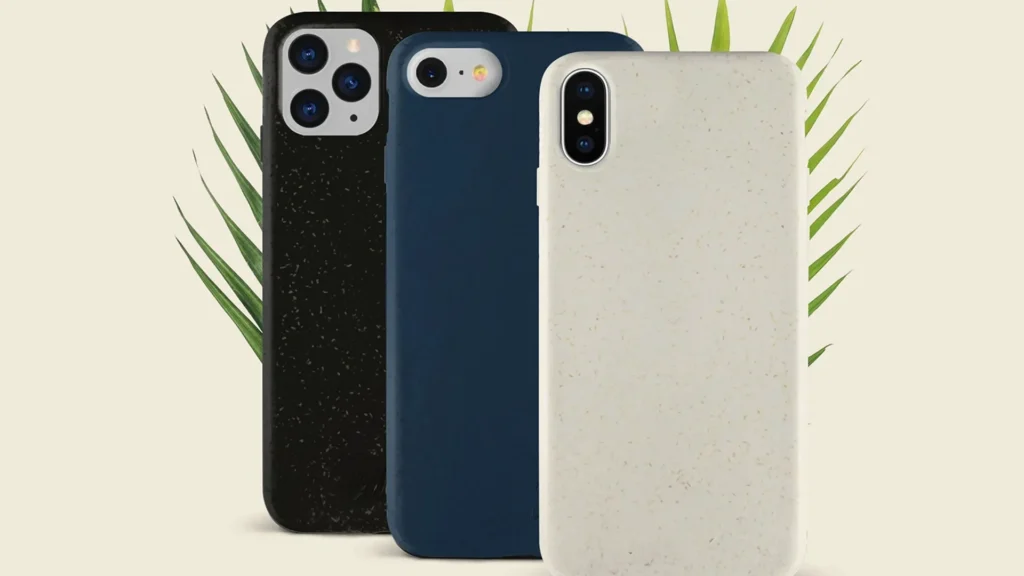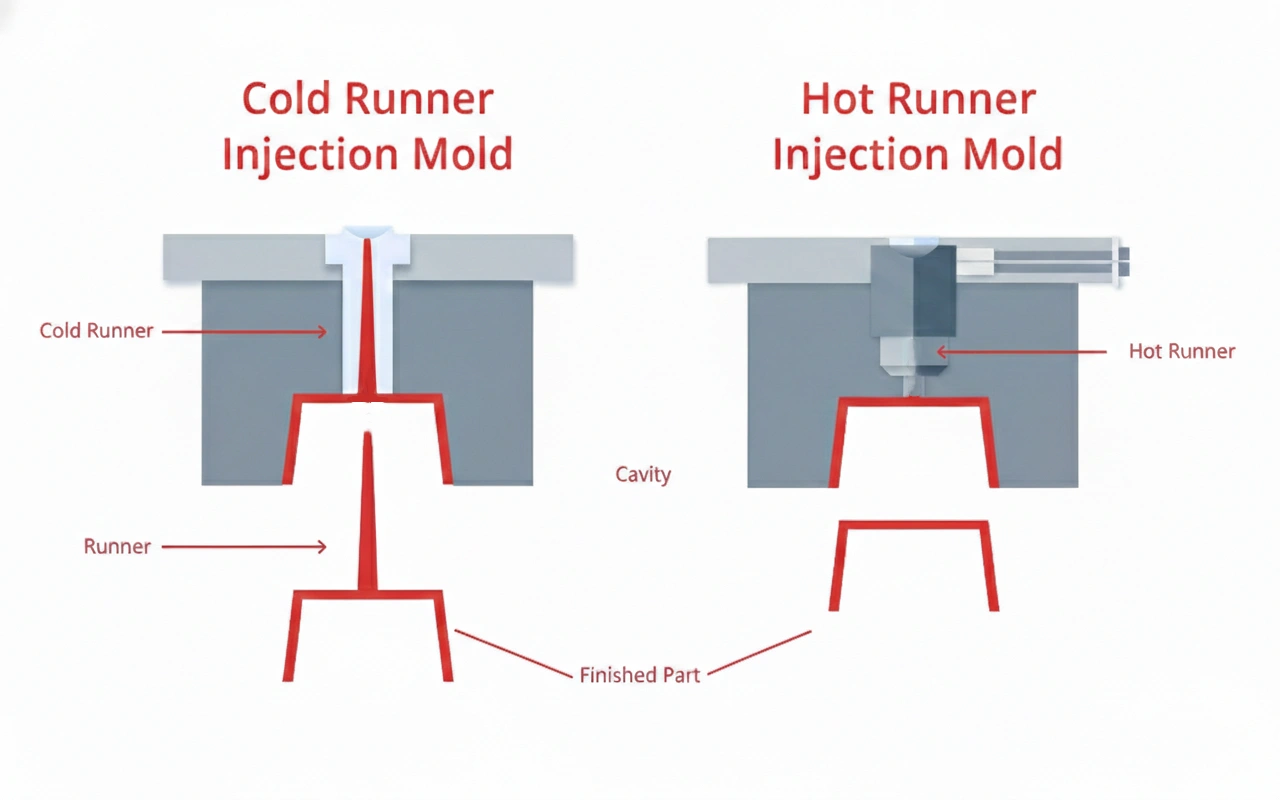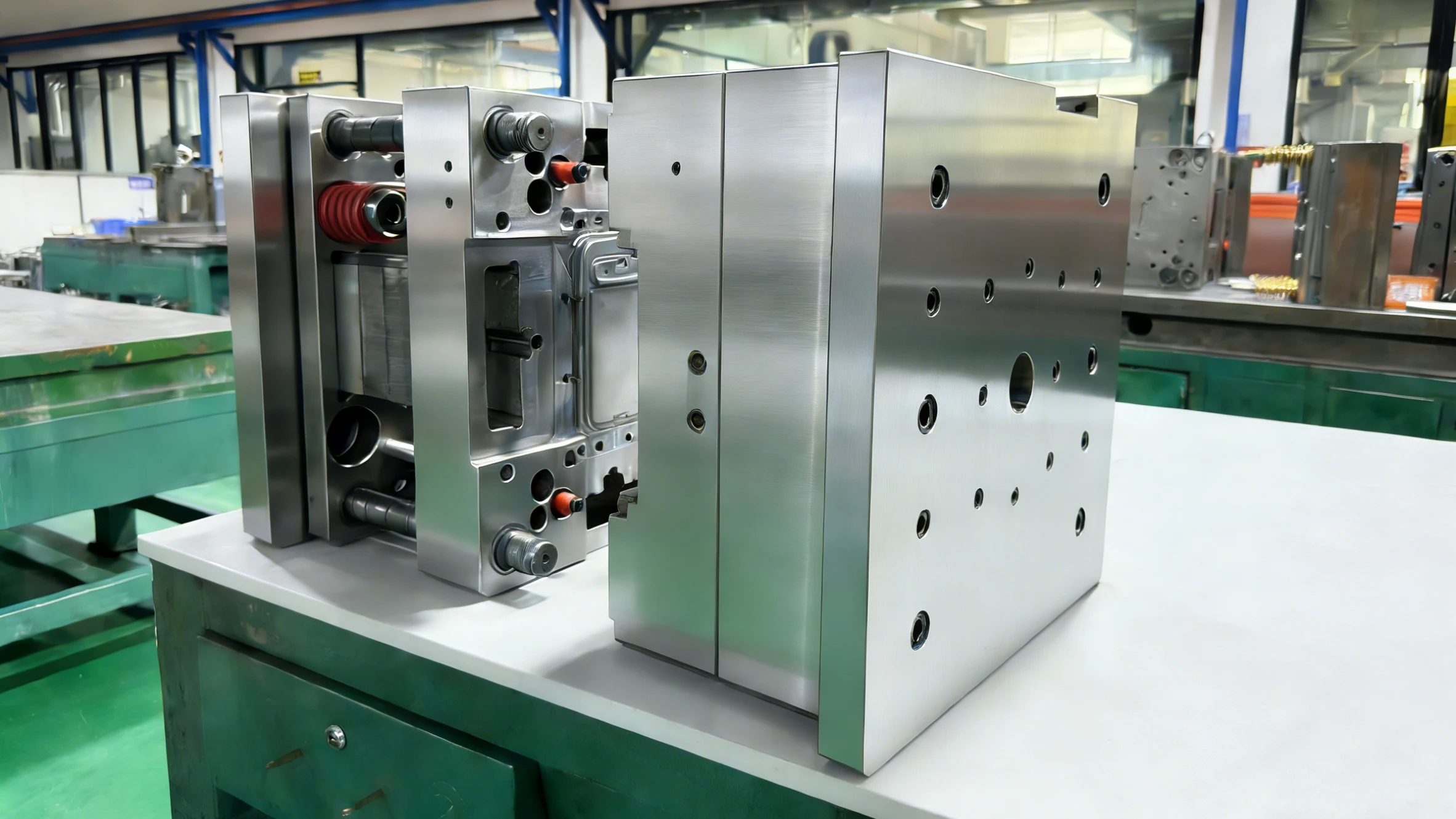Introduction
Table of Contents
ToggleAs sustainability becomes a non-negotiable for brands worldwide, sourcing eco-friendly phone cases is no longer just a trend—it’s a business imperative. However, many buyers face a critical challenge: How do you balance environmental responsibility with the durability and reliability expected by your customers?
This guide will walk you through the key steps to vetting eco-friendly phone case manufacturers while ensuring product quality, compliance, and long-term value for your business.
Step 1: Define Your Sustainability Criteria
Not all “eco-friendly” claims are equal. To avoid greenwashing, start by clarifying your standards:
Materials: Are you prioritizing recycled plastics, biodegradable TPU, or plant-based resins?
Certifications: Look for manufacturers with recognized certifications (e.g., Global Recycled Standard, ISO 9001, or ISO 14001). Production Process: Does the phone cover factory minimize waste, use renewable energy, or treat wastewater responsibly?
Why It Matters:
European retailers, for instance, increasingly require compliance with regulations like the EU’s Circular Economy Action Plan. A supplier’s ability to meet these standards directly impacts your market access.
Step 2: Assess Manufacturing Capabilities
A manufacturer’s technical expertise determines whether sustainability aligns with quality. Key questions to ask:
Prototyping: Can they produce samples that match your design specifications (e.g., drop resistance, slim profiles)?
Quality Control: What testing protocols do they follow (e.g., UV test, Button life test)?
Scalability: Can the phone cover factory handle bulk orders without compromising lead times?
Pro Tip:
Request a virtual factory tour or third-party audit reports. Reputable eco-friendly phone case manufacturers like YG often provide transparency through documented processes, such as their closed-loop recycling systems.
Step 3: Verify Certifications and Testing Reports
Trust but verify. Always request:
Material Certificates: Proof of recycled/biodegradable content.
Product Testing Data: Results for abrasion resistance, chemical safety, and biodegradability.
Compliance Documents: Adherence to REACH, RoHS, or other regional regulations.
Case in Point:
A UK retailer avoided a costly recall by partnering with a manufacturer that provided SGS-certified biodegradability reports—a step many cheaper factories skip.
Step 4: Evaluate Ethical and Transparent Practices
Sustainability extends beyond materials. Ask about:
Labor Standards: Fair wages, safe working conditions (SA8000 certification is a plus).
Supply Chain Transparency: Traceability of raw materials to avoid “greenwashed” suppliers.
Communication: Does the phone cover factory respond promptly and provide clear documentation?
Red Flags to Avoid:
Vague answers about material sourcing or reluctance to share audit findings.
Step 5: Prioritize Long-Term Partnership Potential
Your manufacturer should grow with your business. Consider:
Customization Options: Can they develop unique textures, colors, or branding elements?
R&D Investment: Do they innovate in sustainable materials (e.g., algae-based cases)?
Flexibility: How do they handle design changes or urgent orders?
Statistic to Note:
A 2023 Statista survey found that 68% of B2B buyers prioritize suppliers with a proven track record in sustainability and reliability.
Conclusion
Choosing the right eco-friendly phone case manufacturer requires diligence—but the payoff is significant. By partnering with a supplier that aligns with your sustainability goals and quality standards, you’ll future-proof your supply chain and appeal to eco-conscious consumers.



.webp)